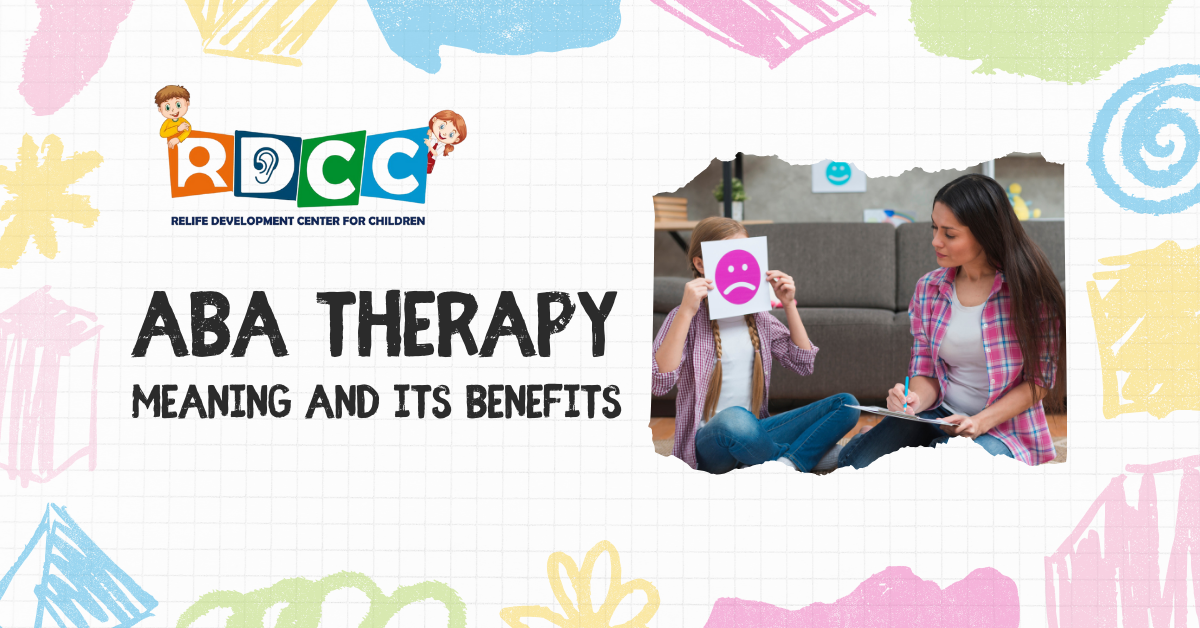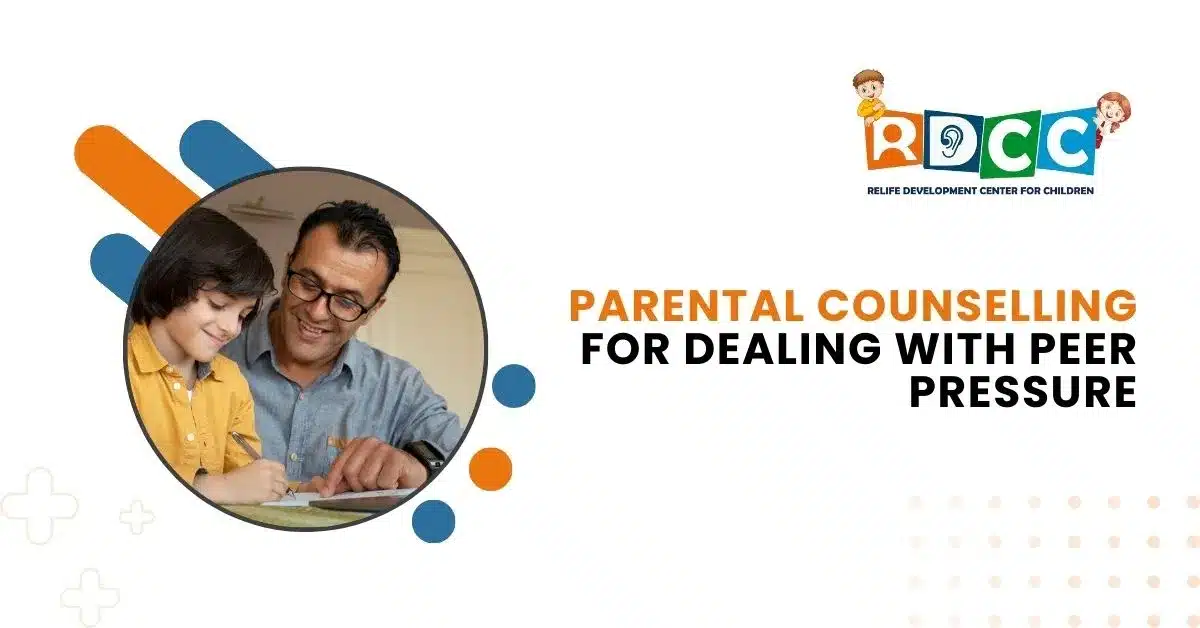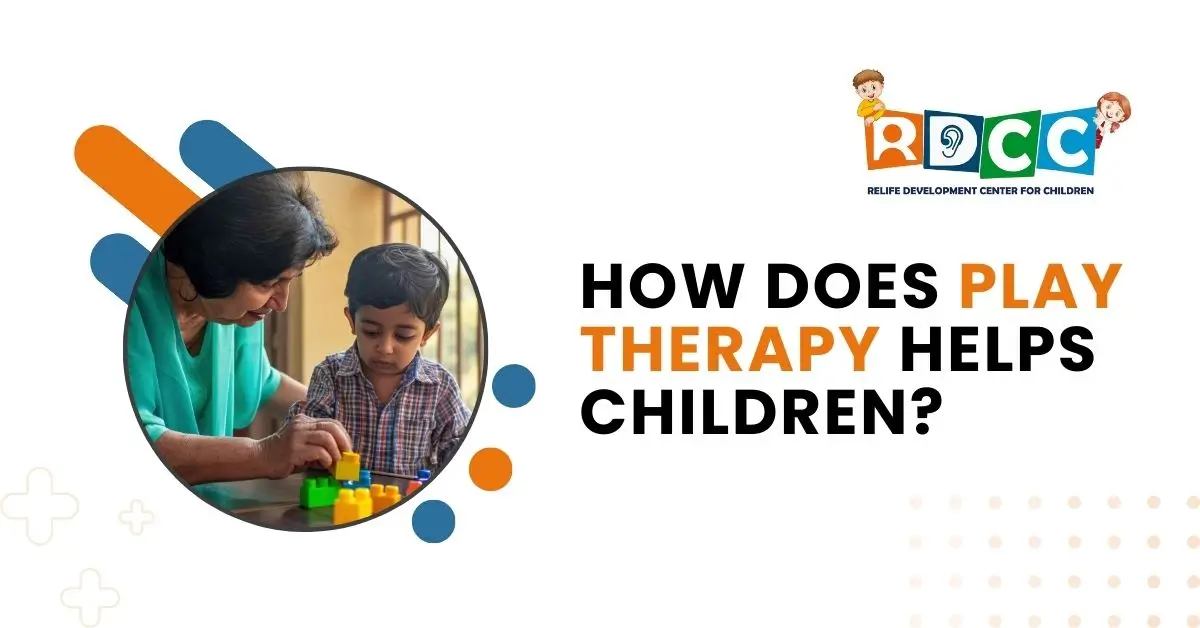
At RDCC Healthcare, Vadodara’s Premier Child Development Centre, we specialize in providing comprehensive ABA Therapy services tailored to Enhance the Behavioral Skills of Children. Applied Behavior Analysis (ABA) Therapy is a proven method that helps individuals with Autism and Other Developmental Disorders improve their Social, Communication, and Learning Skills through Positive Reinforcement and Structured Techniques.
What is ABA Therapy?
ABA Therapy, or Applied Behavior Analysis, is a Scientific Approach to Understanding and Improving Behavior. It focuses on How Behavior works, how it is Affected by the Environment, and How Learning takes Place. ABA Therapy involves using Techniques and Principles to bring about Meaningful and Positive Changes in Behavior. At RDCC Healthcare, our ABA Therapy Programs are Designed to meet the Unique Needs of Each Child, helping them Achieve their Full Potential.
Benefits of ABA Therapy
Improved Social Skills
ABA Therapy helps children develop Essential Social Skills, such as Making Eye Contact, Taking Turns, and Engaging in Conversations. These Skills are crucial for Building Relationships and Interacting with Others Effectively.
Enhanced Communication Abilities
Children undergoing ABA Therapy often see significant Improvements in their Communication Skills. This includes both Verbal Communication, like Speaking and Understanding Language, and Non-verbal Communication, such as Using Gestures and Facial Expressions.
Increased Independence
Through ABA Therapy, Children learn Daily Living Skills that promote Independence. This includes tasks like Dressing, Grooming, and Following Routines, which are essential for Leading a more Self-sufficient Life.
Reduction in Problem Behaviors
One of the Primary Goals of ABA Therapy is to Identify and Reduce Problem Behaviors that interfere with Learning and Social Interactions. Techniques such as Positive Reinforcement are used to Encourage Desirable Behaviors while minimizing Negative Ones.
Better Academic Performance
ABA Therapy Techniques can be applied to help Children improve their Focus, Attention, and Learning Skills, Leading to better Academic Performance. Customized Programs are developed to Target Specific Areas of Need, ensuring Effective Learning.
Activities Involved in ABA Therapy
Discrete Trial Training (DTT)
DTT involves breaking down skills into Small, Manageable Steps and Teaching each Step Individually. This method is Highly Structured and uses Positive Reinforcement to encourage Correct Responses.
Natural Environment Training (NET)
NET focuses on Teaching Skills in the Natural Environment, where the Child spend most of their time. This approach helps Children apply What they Learn in Real-world Settings, making it More Practical and Effective.
Pivotal Response Training (PRT)
PRT targets Pivotal Areas of a Child’s Development, such as Motivation and Response to Multiple Cues. By Focusing on these Key Areas, PRT aims to produce Broad Improvements in Communication, Social, and Behavioral Skills.
Verbal Behavior Intervention (VBI)
VBI emphasizes Teaching Communication using the principles of ABA. It focuses on Understanding the Purpose of Language and using it Effectively to meet Needs and Interact with Others.
Frequently Asked Questions
What is the Meaning of ABA Therapy?
ABA Therapy, or Applied Behavior Analysis, is a Scientific Approach to Understanding Behavior and applying Techniques to bring about Positive Changes. It is widely used to help Individuals with Autism and other Developmental Disorders.
What Activities Are Involved in ABA Therapy?
Activities in ABA Therapy include Discrete Trial Training, Natural Environment Training, Pivotal Response Training, and Verbal Behavior Intervention. These activities are designed to teach and reinforce positive behaviors and skills.
Who is an ABA Therapy Specialist?
An ABA Therapy Specialist, or ABA Therapist, is a professional trained in the principles and techniques of Applied Behavior Analysis. They develop and implement customized therapy plans to meet the unique needs of each child.
What are the Benefits of ABA Therapy?
The Benefits of ABA Therapy include Improved Social Skills, Enhanced Communication Abilities, Increased Independence, Reduction in Problem Behaviors, and Better Academic Performance.
Conclusion
ABA Therapy is a Powerful and Effective Approach to improving the Behavioral, Social, and Communication Skills of Children with Autism and other Developmental Disorders. At RDCC Healthcare, Vadodara’s Leading Child Development Centre, Our Expert ABA Therapists are dedicated to providing Personalized and Compassionate Care. If you are considering ABA Therapy for your Child, Contact RDCC Healthcare to Learn More About Our Specialized Programs and How we can Support your Child’s Development Journey.




